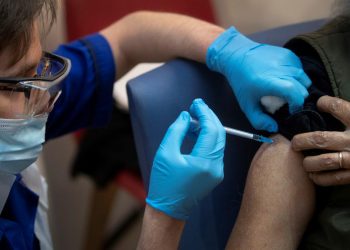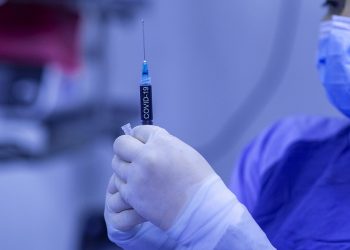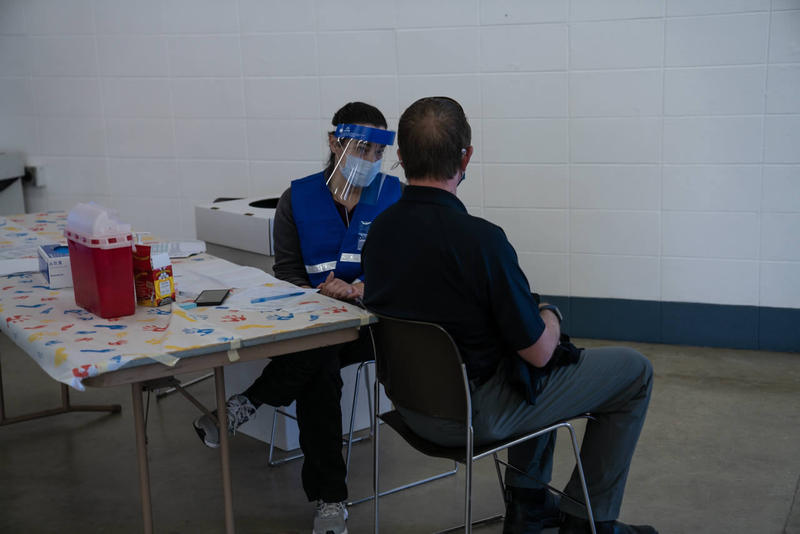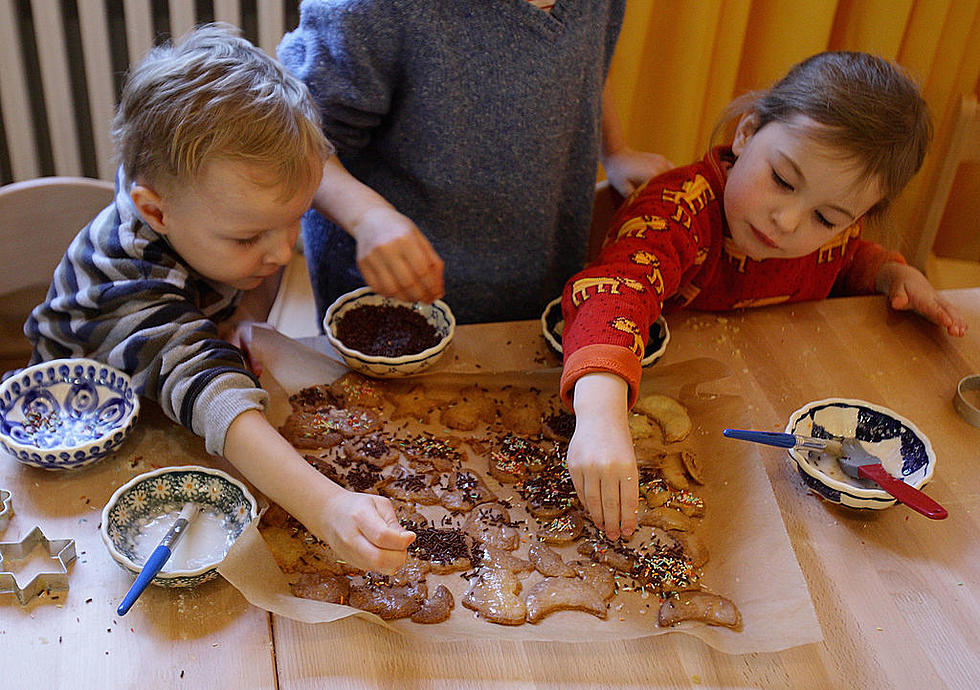BOZEMAN, Mont. — Native peoples make up over 6% of Montana’s total population, and close to 700,000 Montanans live in rural conditions.
Now, a new study will help researchers better serve rural communities affected by the COVID-19 pandemic.
“Our numbers are really bad. We’ve had a lot of deaths in tribal communities; we’ve had a lot of people in the rural communities affected,” said Dr. Alexandra Adams, director of Center for American Indian and Rural Health Equity.
COVID-19 disproportionately affects underserved populations, like rural and tribal communities.
“We knew we had to try to work towards what can we do to think about how to help those communities,” said Adams.
This past week, Montana State University received a $1.8 million grant to fund a COVID-19 testing study.
Adams is the principal investigator for the new two-year long study. The purpose is to develop methods for communities to conduct their own COVID-19 testing.
“The goal is really to improve health equity for Montanans for rural and underserved tribal communities. These health disparities really are significant and critical to work to solve,” Adams said.
The project will conduct a 200-person trial in spring of 2021, comparing two approaches to home-based COVID-19 testing.
The active approach will involve local health educators delivering tests to participants and providing support and help.
In the passive approach, participants will receive test kits, instructions and a survey to complete their test by themselves at home.
Adams says right now, researchers are in the preliminary phase and, despite the promise of a vaccine soon, testing is still going to be important.
“I think we’re still going to need testing whether or not you’re vaccinated because, again, no vaccine is 100%, and everybody’s not going to get vaccinated,” she said. “We want to be able to test quickly and accurately and the more often and easily people understand themselves, the better they can serve their own communities.”













